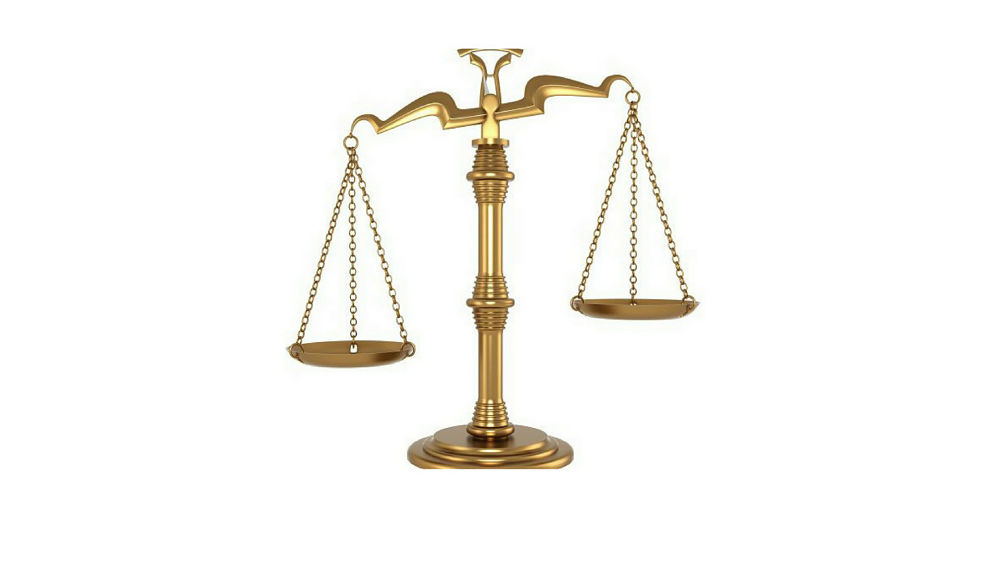Plenty of people have heard of Weights & Measures Inspections, but not everyone knows what is regulated and who is responsible for the regulation. Individual States, not the Federal Government, have bureaus of Weights and Measures that employ inspectors to make annual rounds. The inspectors typically notify the business ahead of time that they will be coming by to complete the inspection and will allow a representative of the business to accompany them throughout the inspection. After the inspection is completed the business will receive a formal report to keep on record.
What is the purpose of Weights & Measures? According to The Pennsylvania Department of Agriculture, Weights & Measures exists “to protect consumers, businesses and manufactures from unfair practices to assure equity in the marketplace.” Inspectors test commercial scales, meters, scanning equipment, weighing and measuring equipment at warehouses, plants, feed mills, shipping companies, lumber yards, gasoline stations etc. The goal of the inspectors is to confirm the accuracy of the quantity of items sold.
The Weights & Measures Division is responsible for regulating:
- Retail Motor Fuel Dispensers
- Coal
- Firewood
- Home Heating Oil
- Liquid Propane Gas
- Small and Medium Commercial Scales
- Large Truck Scales
- Checkout Scanner Systems
- Package Checking
- Timing Devices
- Petroleum Terminal Facilities
Without Weights & Measures it would be impossible for the consumers and businesses to guarantee that they aren’t being cheated during commercial transactions. Consumer protection is a major priority for many State’s Departments of Agriculture, and without them we would have a difficult time determining whether we pay or receive accurate market value.
https://www.chicagotribune.com/autos/sc-auto-motormouth-1205-story.html




